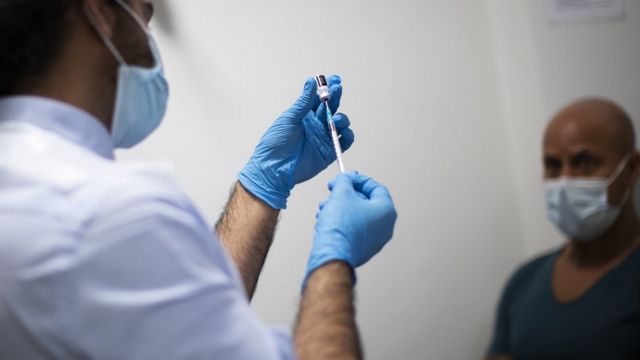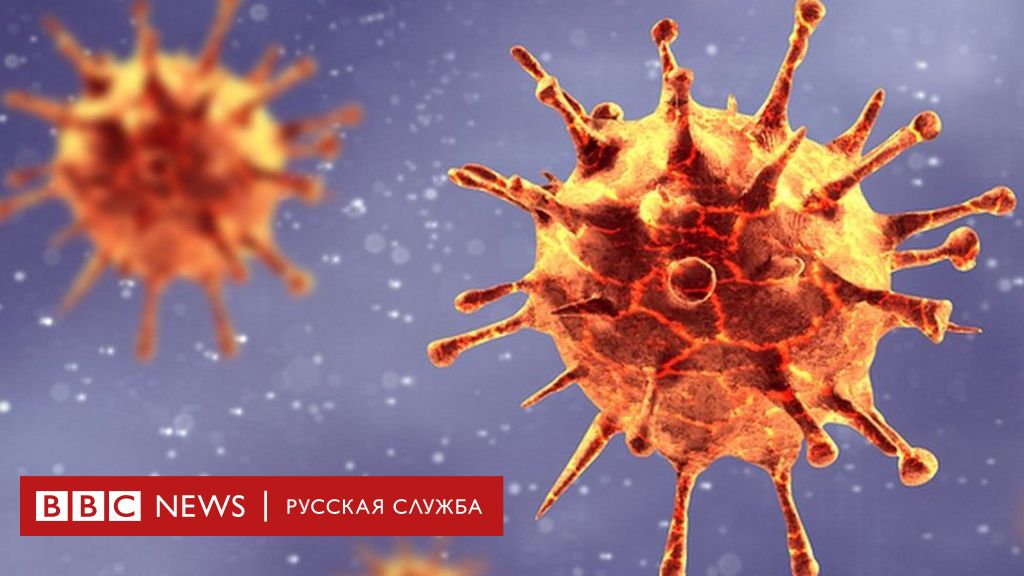- James Gallagher
- BBC Science correspondent
—
an hour ago
Photo author, Getty Images
—
–
When I hear about the emergence of a new genetic variant of the coronavirus (its new strain), every time I ask the main question first. And this question sounds like this: “Has the behavior of the virus changed as a result?”
–
We are instinctively afraid of any reports of a mutant virus, although mutations (that is, genetic changes) of any virus are natural and inevitable.
–
In most cases, some deviations occur in the genome of the virus that do not particularly affect its properties, or the virus becomes less infectious – and then relatively soon the new genetic variation fades away.
–
Only in rare cases does a new combination of genes obtained as a result of mutation endow the virus with new characteristics that make it more dangerous.
–
There is no conclusive evidence that the new genetic version of the coronavirus discovered the other day in the south-east of England, more infectious. There is also no evidence that the new strain causes more severe disease or that already developed vaccines do not protect against it. However, scientists are still closely monitoring his behavior, and there are two reasons for this.
–
The first is that the new strain is more common in regions where more infections are reported. This is not a good sign, although there can be two possible explanations.
–
First: the virus mutated in such a way that it began to spread faster, Second: he accidentally “was lucky” to infect people whose behavior contributed to a wider spread of the infection. This is how, apparently, the so-called “Spanish strain” spread widely in the summer: people who became infected on vacation returned home and brought the virus along with them.
–
To establish whether a new strain really spreads faster than others, it is necessary to conduct appropriate laboratory experiments.
–
Dozens of mutations
Surprise in the scientific world is also caused by how the mutation of the virus occurred.
–
“It has a huge number of varieties – much more than you might expect – and some mutations are quite curious,” says Professor Nick Lohman of a group of British experts studying the genome of the coronavirus that causes Covid-19.
–
Two groups of mutations should be specially noted, since they are directly related to the spike protein – these spines form the “crown” of the virus and allow it to enter our cells, playing the role of a kind of master key.
–
The first type of mutation (N501) changes the main constituent of the spike protein – the so-called receptor-binding domain. This is the part that first comes into contact with the cell, and any changes that make it easier for the virus to get inside will give it an edge. So, according to Professor Loman, this mutation could play an important role in the further spread of the infection.
–

Photo author, PA Media
—
Mass vaccination will force the coronavirus to mutate many more times in search of an option to infect even people who have received the vaccine
–
The second type of mutation (H69 / V70) has already occurred several times, independently of each other – in particular, it was she who led to mass infection of minks on farms in Denmark.
–
This mutation also raises concerns, since blood transfusions from recovered patients are less helpful for patients infected with this form of the virus – it seems that donor antibodies do not cope with the mutated virus as effectively.
–
However, it will also be possible to understand what is happening not earlier than the corresponding analyzes are carried out in the laboratories.
–
“We know that a new strain has emerged, but we still cannot say anything about what consequences it can lead from the point of view of biology. So it is too early to draw any far-reaching conclusions,” warns University of Birmingham professor Alan McNally …
–
Any mutations in the spike protein jeopardize the effectiveness of vaccines, because it is not he who is taught to respond to our immune system in all the already developed drugs – produced by Pfizer, Moderna and AstraZeneca.
–
However, the body can block the spikes of the virus from different directions, so health officials are convinced that the vaccine will cope with the new strain.
–
Transmitted to humans from animals just about a year ago, since then the virus has changed on average twice a month. If we compare the virus that infects patients today with the first version of the Sars-Cov-2 genome, decoded in January in Wuhan, China, they will differ by about 25 mutations.
–
At the same time, the coronavirus continues to change, looking for a set of mutations that will make it possible to infect people most effectively.
–
We have seen this before: the emergence and widespread distribution of the G614 strain is considered by many scientists to be an indicator that this mutation allowed the virus to spread more rapidly.
–
After the mass vaccination begins, the virus will have to change again – and, perhaps, it will find a way to infect already vaccinated people.
–
If it manages to evolve in this way, most likely we will have to regularly make changes to the vaccine, as the flu vaccine is now updated.
—


